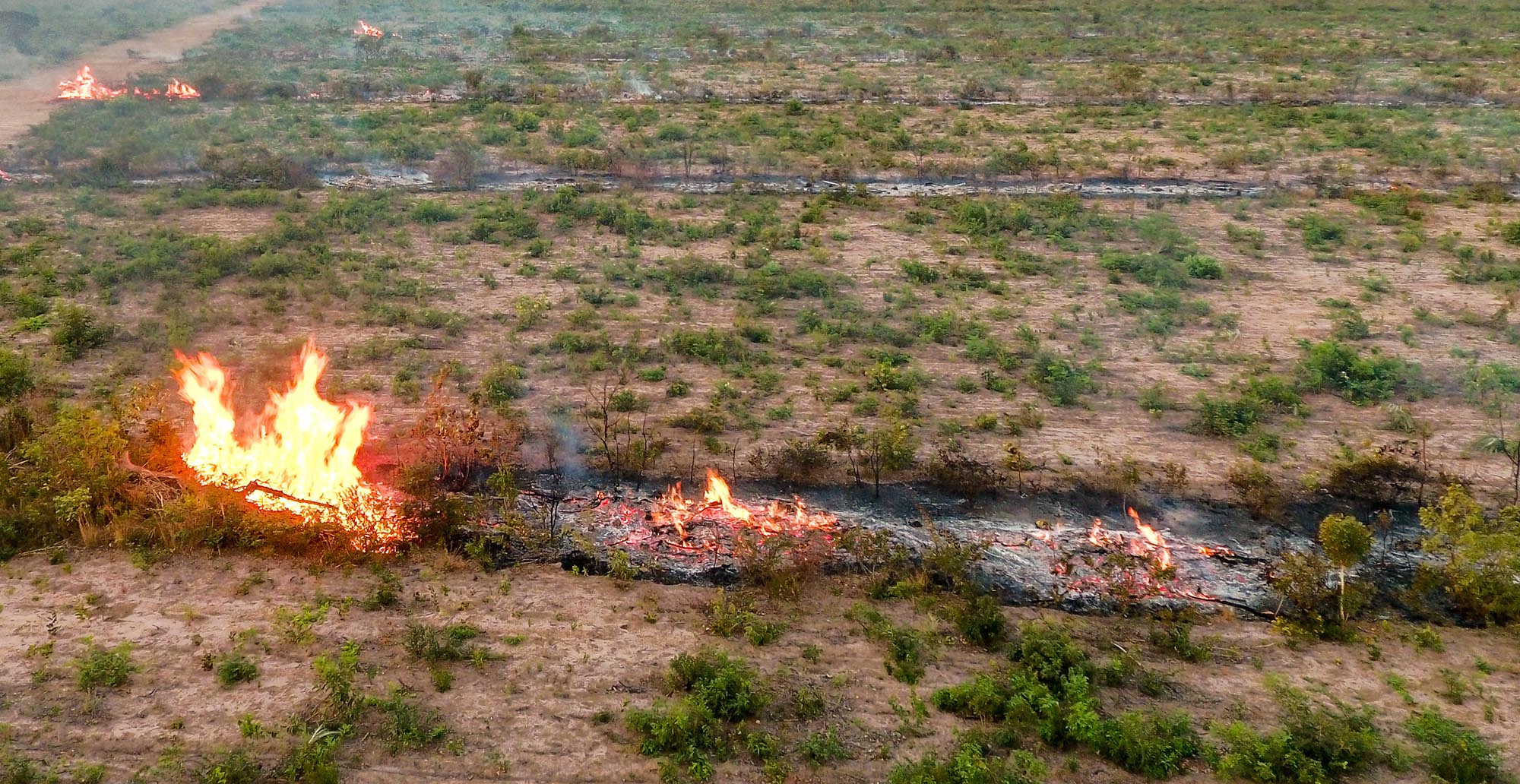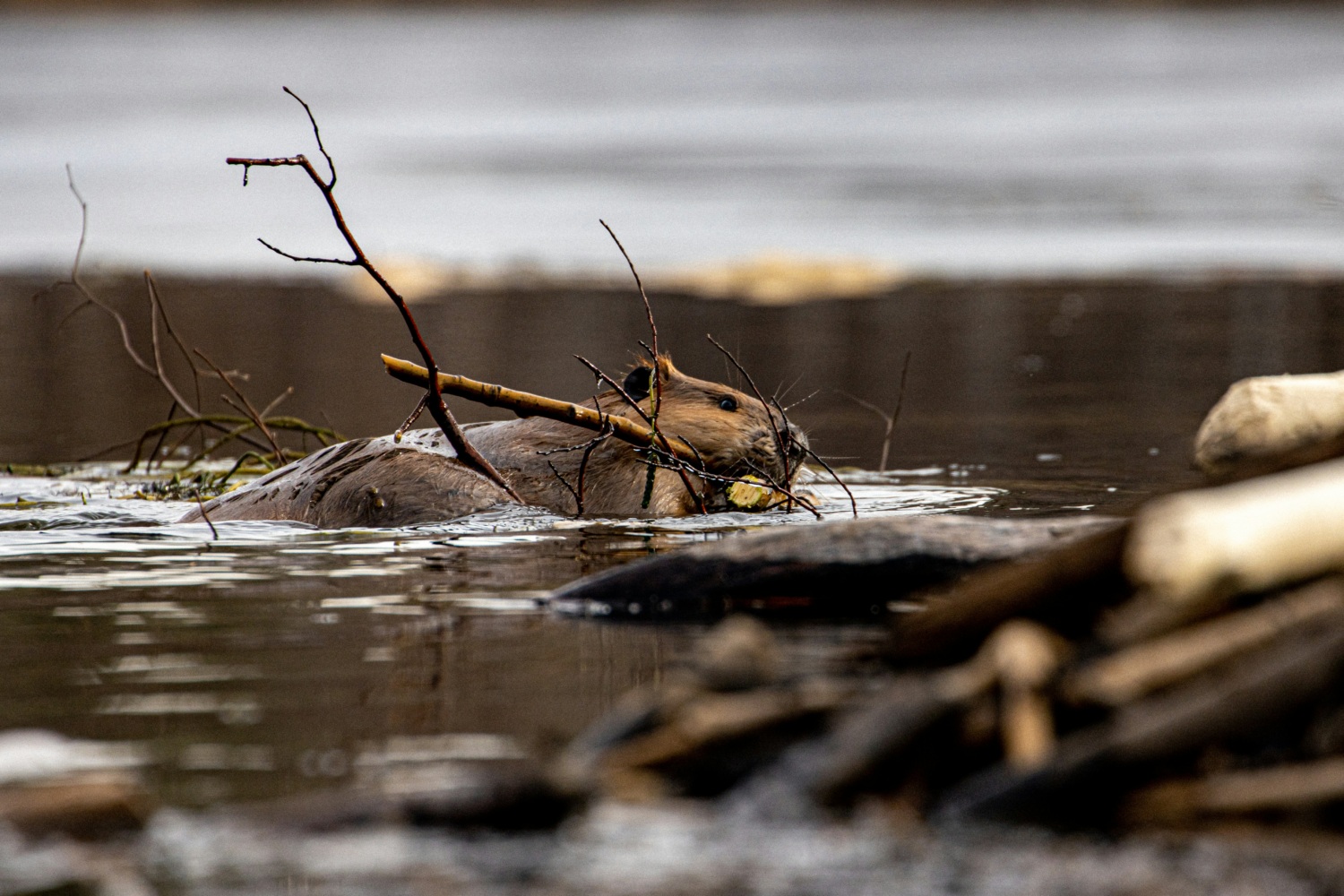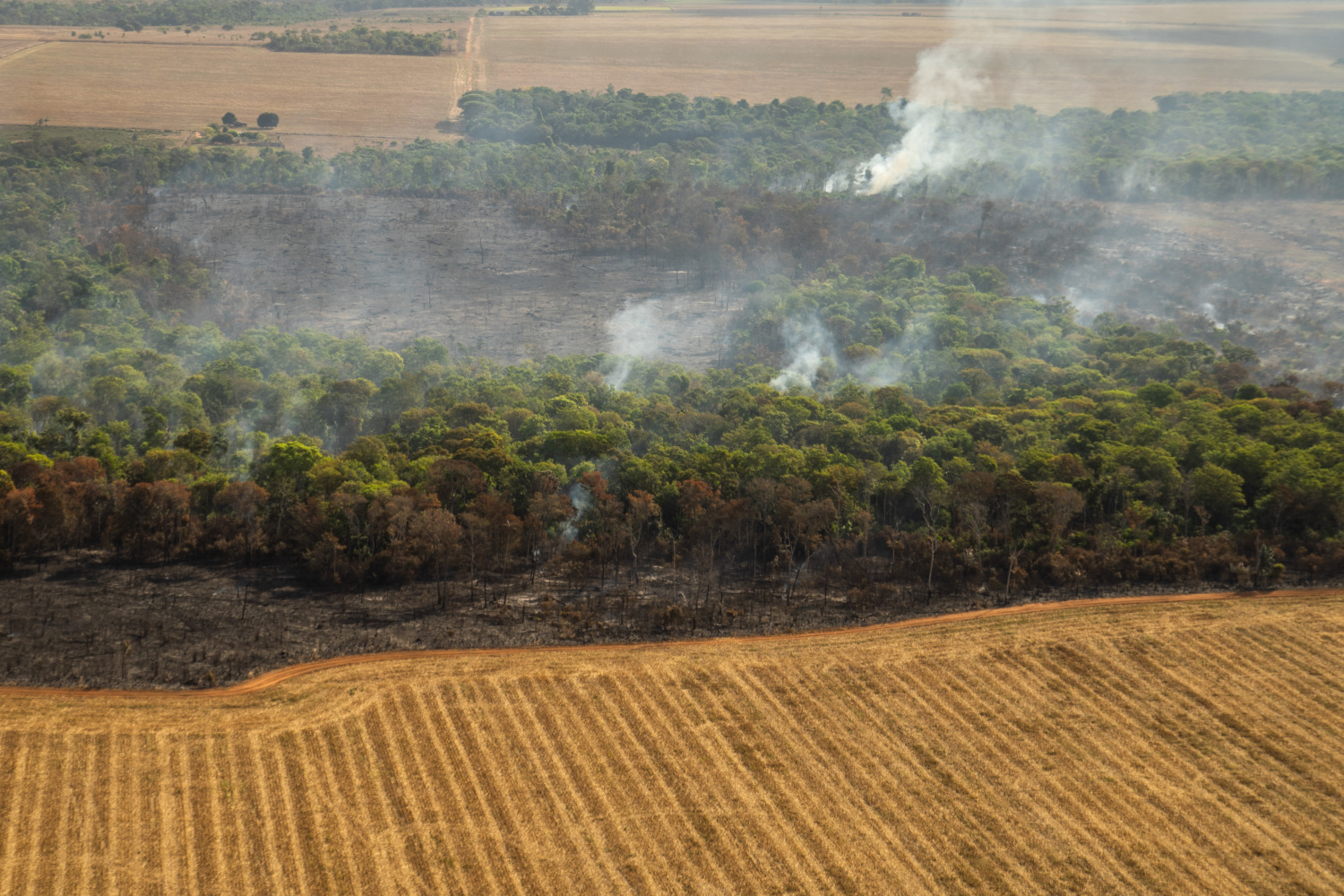
Cargill and Bunge face escalating pressure to clean up supply chain
In the wake of Mighty Earth’s Ultimate Mystery Meat report, soy traders Bunge and Cargill are facing escalating pressure for supply chain reform from their customers, investors, and the public around the globe. In the investigation, Mighty Earth uncovered Bunge and Cargill driving massive deforestation across South America.
Bunge and Cargill, as well as other leading soy traders, are meeting in New York City on Tuesday to decide their response.
Leading up to the meeting, a growing coalition is demanding that these companies extend the highly successful Brazilian Amazon Soy Moratorium – an agreement to stop selling soy grown on newly deforested land that effectively eliminated soy deforestation in the Brazilian Amazon – to other ecosystems like the Bolivian Amazon Basin, Paraguay’s Chaco, and Brazil’s Cerrado, where deforestation is still occurring at a terrific pace.
Major global companies like McDonald’s, Walmart, and Carrefour, along with Bunge and Cargill competitors ADM, Louis Dreyfus, and Wilmar, are joining with investors representing more than half a trillion in assets under management and the Brazilian Environment Minister to support this extension of the Soy Moratorium.
Instead of taking action, an increasingly isolated Cargill and Bunge are attempting to downplay their responsibility in this landscape destruction. Bunge has argued that it is only 20% of the soy market in the areas it operates silos in the Brazilian Cerrado- which makes it the biggest player in the region. Cargill has taken the same route and is asserting that it is only around 10% of the Bolivian soy market. Both companies’ responses confirm that they are leading traders in these countries, meaning their policies and operations have a major impact on the region.
Cargill and Bunge only need to look to the nearby Brazilian Amazon for a successful example of a path to eliminating environmental destruction while still expanding production and increasing profit. There are over 500 million acres of land that are already cleared across Latin America and these companies have more than ample opportunity to grow without clearing another acre of native habitat. They’ve succeeded before- they can do it again.


